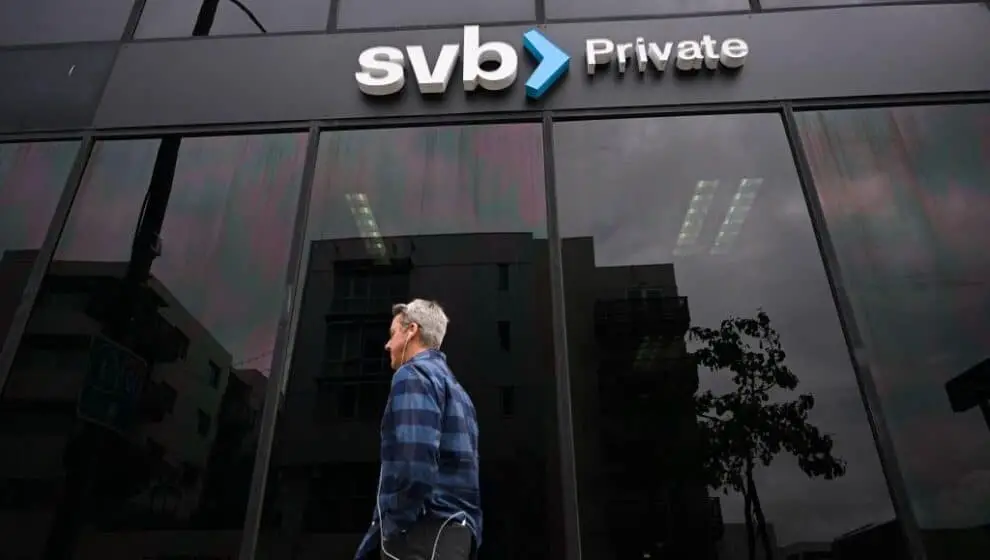While SVB depositors have been promised a bailout from the Federal Reserve, the negative impact of the collapse continues to have ramifications for the market—particularly on startups.
Key Details
- With the planned sale of the bankrupt Silicon Valley Bank (SVB) to First Citizens BancShares, the financial world is still picking up the pieces from three weeks of chaos.
- The failure of one of the leading startup banks in Silicon Valley has cooled investor enthusiasm for the rest of the market, with thousands of investors pulling out of new projects.
- 59% of venture capitalists say SVB is making fundraising more difficult, and 22% say they may not be able to raise any additional funding in 2023, The New York Times reports.
Why It’s News
SVB has made a difficult venture capital market even more challenging, reflecting an overall cooling of the market. 16% of Americans moved money out of their bank accounts in the aftermath, investors poured money into safer funds, and the Federal Reserve pondered the possibility that its rate hikes could cripple additional banks.
The chilling of investments and depositors has seeped into the venture capital markets, slowing an already difficult investing market. This has left startups in an awkward position, as many of them are seeing previously dedicated investors pulling out of projects that were near completion. They may be unable to find additional investors in the current market, leaving them few alternatives for capital raising in a market already suffering from tech layoffs and stock market volatility.
HF.Capital founder Jonathan Nelson is one such victim, telling The New York Times that he saw $2 million in startup investments dry up in March. “I was scratching my head, saying, ‘Why did they just ghost?’ Then the bank run happened, and I was like, ‘Ah, they’re terrified.’”
Notable Quotes
“People are realizing it’s probably not going to get better. It was a big shock to the system,” says Headline investor Mathias Schilling.
“We’ve been in a venture slowdown for a year now. This is just kind of the extra problem the market didn’t need,” says PitchBook analyst Kyle Standford.
